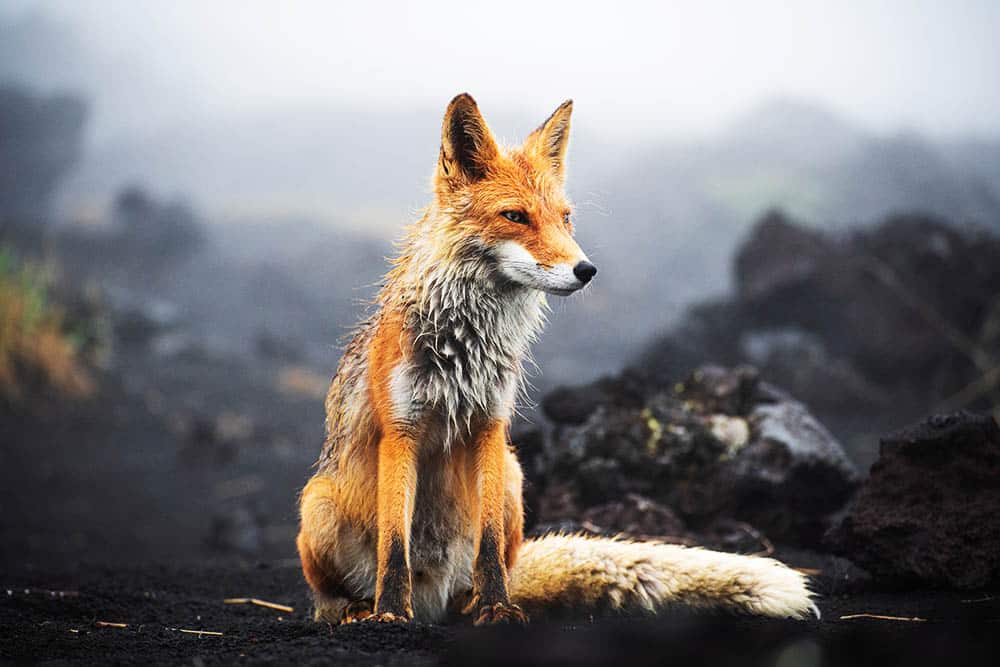The Reality Behind Fashionable Animal Products
The fashion industry is one of the largest contributors to the global economy, and animal products have been a big part of that industry for centuries. However, with the rise of ethical fashion movements, consumers are starting to question the ethics behind the use of animals in fashion. Animal products such as fur, leather, silk, and wool are often derived from unsustainable and unethical practices that cause harm to animals. In this article, we will explore why animals deserve better than to be fashion statements and how we can make a change.
The Reality of Animal Cruelty in the Fashion Industry
Animal products used in the fashion industry often involve cruel and inhumane practices. Fur, for instance, is obtained through trapping or breeding animals on fur farms, where they are kept in cramped cages and often suffer from injuries, infections, and disease until they are killed for their fur. Leather production involves treating animal skins with highly toxic chemicals that are detrimental to the environment and our health. Silk production involves boiling silk worms alive or suffocating them in tightly sealed cocoons.
Even wool, which is derived from sheep, can be problematic. Sheep on wool farms are often subjected to painful procedures such as tail docking, ear notching, and mulesing, all to increase wool production. Mulesing, in particular, is a highly controversial practice involving the removal of skin from the sheep’s hindquarters to prevent flystrike. These procedures cause immense pain to sheep without adequate pain relief.
The Environmental Impact of Using Animal Products in Fashion
Aside from the ethical concerns surrounding the use of animal products in fashion, there is also the environmental impact to consider. Animal agriculture is responsible for a significant portion of greenhouse gas emissions, deforestation, and water pollution. Tanneries and fur farms discharge toxic chemicals into waterways and soil, which can have long-term impacts on human and animal health.
Furthermore, while some animal products may be perceived as more sustainable than synthetic alternatives, this is not always the case. For instance, producing leather requires much more water and energy than producing synthetic leather. The energy, water, and chemical inputs needed to produce silk also far exceed those required for synthetic alternatives. This means that, from an environmental perspective, it is often more sustainable to opt for synthetic materials.
The Importance of Ethical Fashion
The rise of ethical fashion movements is a testament to the growing awareness and concern regarding the exploitation and mistreatment of animals in the fashion industry. Ethical fashion involves choosing clothing and accessories that are produced with respect for animals, people, and the environment. It emphasizes transparency, sustainability, and social justice as core values in fashion production.
By choosing to support ethical fashion, we can help reduce animal suffering and environmental harm caused by fashion production. We can also support brands that prioritize fair labor practices and worker rights, promoting social justice and protecting the rights of workers in the fashion industry.
Tips for Choosing Ethical Fashion
If you are looking to adopt a more ethical approach to fashion, here are some tips to consider:
– Choose vegan or cruelty-free materials: Look for materials such as organic cotton, linen, hemp, and recycled polyester, which are animal-friendly and sustainable. Also, look for products that are certified as cruelty-free by organizations like PETA.
– Avoid animal products: Avoid purchasing products made with animal products like fur, leather, silk, and wool. If you must purchase animal products, choose recycled or vintage items.
– Research brands: Research brands to determine their ethical values and practices. Look for certifications like Fair Trade, Global Organic Textile Standard (GOTS), and Certified B Corp.
– Support local: Supporting local businesses not only helps reduce your carbon footprint but also promotes fair labor practices and supports your community.
Conclusion
The fashion industry has long relied on animal products to produce luxurious and fashionable clothing and accessories. However, the reality is that the production of animal products often involves cruel and unsustainable practices that cause immense suffering to animals and damage to the environment. Choosing to support ethical fashion is a crucial step towards reducing animal suffering and promoting sustainability in the fashion industry. By adopting a more conscious approach to fashion, we can make a significant difference in the lives of animals, people, and the planet.
- borrame-noticias - abril 25, 2024
- borrame-animales - abril 25, 2024
- borrame-viaje y turismo - abril 25, 2024

